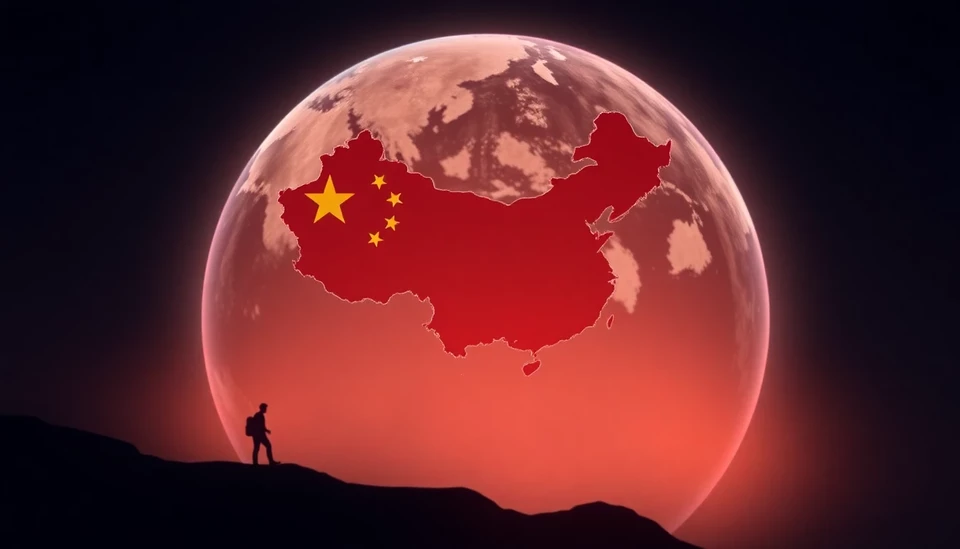
In the latest developments surrounding global supply chains, China is making significant adjustments to its export strategies as it navigates the complexities of ongoing trade tensions, particularly with the United States. This shift comes in the wake of extensive tariffs implemented during the Trump administration, which have reshaped the landscape for American imports from China.
According to recent reports, China's export growth has shown signs of resilience despite these tariffs, demonstrating the nation's ability to adapt. Analysts note that China is increasingly diversifying its export markets, seeking new trade partnerships beyond its traditional allies. This strategic pivot aims to mitigate the impact of U.S. tariffs, which have historically affected a wide range of Chinese products.
The tariffs, originally designed to protect American industries, have led to increased costs for U.S. consumers and businesses reliant on imported goods. In response, China has focused on enhancing its trade relationships with countries in Southeast Asia, Europe, and Africa. This approach not only helps buffer the economic impact of tariffs but also positions China as a key player in the global supply chain, particularly in high-demand sectors like technology and manufacturing.
Furthermore, Chinese exporters are adjusting their pricing strategies in an effort to maintain competitiveness. Some manufacturers have begun to lower prices or offer incentives to overseas buyers in a bid to counteract the adverse effects of tariffs. This move showcases China's determination to sustain its export levels and retain its market share on the international stage.
The ongoing changes in China's export landscape highlight a broader trend in global trade dynamics as countries reevaluate their economic dependencies and seek to forge new alliances. The ripple effects of these developments are likely to be felt in the supply chains of numerous industries, as businesses adapt to fluctuating market conditions.
As the world continues to grapple with post-pandemic recovery and geopolitical shifts, China's response to U.S. tariffs will play a critical role in shaping the future of international trade. Stakeholders across the globe are closely monitoring these developments, as they will undoubtedly have lasting implications for supply chain resilience and global economic stability.
In conclusion, China’s proactive stance in diversifying its export strategies and negotiating new trade partnerships is indicative of its ability to adapt to the challenges posed by international tariffs. As this landscape evolves, it will be essential for businesses and consumers alike to stay informed about the implications of these changes on the global supply chain.
#China #Exports #TradeTensions #USTariffs #SupplyChain #GlobalTrade #EconomicImpact #Manufacturing #InternationalTrade
Author: Rachel Greene




